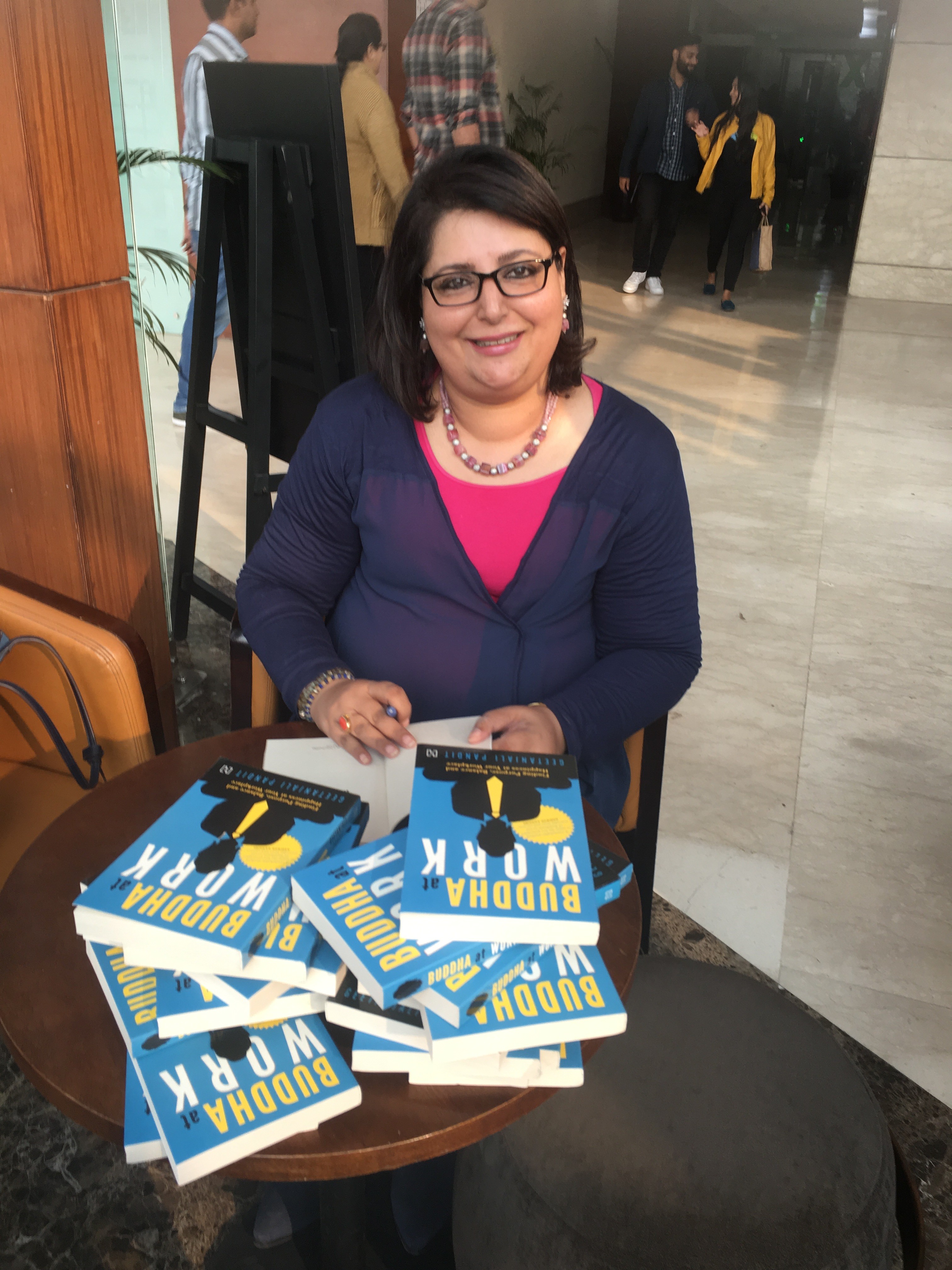It was a sweltering day in June 2000. The air conditioning in my car, a humble Maruti 800, was barely effective. I was sweaty and uncomfortable. And excited as well. Finally, I was off for a job interview!
…
I wanted to believe that the interview was going well, even if it was not. I found myself answering a rapid-fire round of questions on what had taken me to America. Why the long, unexplained gap in the résumé, I was asked. In reply, I glossed over my personal circumstances, but did share some highlights with the lady. I could see that the reasons for the move from India to America and back were not cutting any ice with her. Several times during the interview my intuition told me that she had made up her mind to not hire me and was merely going through the motions.
Something had evidently gone wrong. And then we came to the big whammy. She asked me how much I was expecting by way of salary. I mentioned a modest figure. She looked offended and retorted that it was way too much.
‘But…but,’ I stammered, close to tears, ‘my XLRI batchmates are getting much higher salaries. And since I was away to the United States, I’m not even seeking parity with them!’
…
Even as the tears slid down my face, I felt a cool touch, a sort of gentle tap on my shoulder through the car’s open window. Turning towards it, I found my gaze resting on the calmest countenance I had ever seen. A tranquil smile, reflecting power and poise, lit up the face of the young man standing there.
…
There was also something extraordinary in the young man’s gaze.
‘Yes?’ I croaked, my throat choked with stifled sobs.
‘Hi,’ he responded in a wonderfully smooth baritone. His voice was at once mellow, musical and powerful. Like a flute playing somewhere, I thought to myself.
…
This was beyond extraordinary and he was a stranger, after all, despite claiming an association with my close friends. Yet, somehow, I did not feel afraid. I was, in fact, feeling more settled than I had moments ago. There was something unhurried about the way he spoke, revealing a poise that appeared way beyond my grasp and my experience of 32 years. He was waiting calmly for my answer.
…
I decided to head for New Friends Colony… At the market, I found a parking spot with ease and slid my decrepit Maruti 800 into it. Then we made our way to the local halwai shop at the corner.
…
‘I don’t know where to start, Gautam,’ I told him. ‘And I have no idea how much my friends have already told you about me or my circumstances. I am well qualified and have the right experience for the jobs I am applying for. It seems, however, that my luck is totally rotten. I simply haven’t been able to make any headway with my applications. I seem to be cursed with the Midas touch – in reverse.
…
‘Could it be possible that you are not going about your job search the right way?’ he asked. ‘Have you ever thought about that?’
‘Not going about it the right way? Of course, I’m going about it the right way! What other way is there? I’m looking out for jobs as a human resources manager. I have a degree from XLRI, you know. It is the institute for jobs in HR, but you may not be aware of that.’
‘I was not referring to the means you are using to find a job,’ Gautam explained. ‘What I meant was, you are not in a good space within yourself to look for the right job. Something within you will need to change before circumstances outside you do the same and favour your search.’
…
Without missing a beat, he replied, ‘What I really mean is that you alone can help yourself, because you are the one who creates the life you lead. And the very first step in that direction is to stop blaming others for your problems. Blaming others means that you are not taking responsibility for your own life. Holding others guilty for your suffering stops you from doing what you need to do to lead your life in a better, healthier and more successful way. Blaming others is foolish and futile, because it is your approach, your attitude, your behaviour alone that determines your happiness or unhappiness.
‘If you want to advance professionally, if your life has to move forward at all, you must learn to stop this blame game.
‘The second step in scripting a better life is to learn to forgive,’ Gautam paused, sipping his lassi.
…
In my case, for instance, I was able to understand and acknowledge that I held within me a great deal of suppressed anger, much of it directed at my father. Gradually, I came to realize that this anger had spilled over into my interviews with those in authority. In other words, my issue with the authority figure at home was spilling over into other areas of my life.
As I continued with my conscious efforts to become more positive through meditation, I gradually began feeling less stressed out. My anger at my father and at the world around me started to dissipate. My relationship with him improved. Even though I was not yet able to view myself as the cause or author of every development in my life, I had, at least, stopped blaming others for my problems. I was beginning to see that many of those problems originated somewhere within me or were related to my reactions to people and situations. I was also starting to feel more at ease with who I was. I was certainly more accepting of all the issues that were a part of my life, including my joblessness. And the sense of peace it gave me was truly surprising.
Meanwhile, time was moving on. It was already October and there was still no job in sight.
(Excerpted with permission of Hachette India from Buddha at Work: Finding Balance, Purpose and Happiness at Your Workplace by Geetanjali Pandit. You can read Part 1 of this series here)


